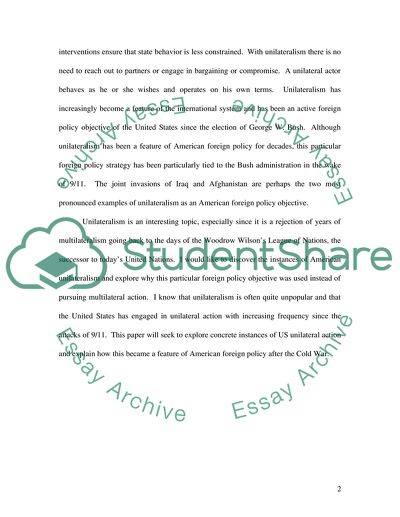Cite this document
(A Feature of American Foreign Policy After the Cold War Research Paper, n.d.)
A Feature of American Foreign Policy After the Cold War Research Paper. Retrieved from https://studentshare.org/politics/1721056-the-concept-of-unilateralism-and-describe-its-strengths-and-consequences-pol300
A Feature of American Foreign Policy After the Cold War Research Paper. Retrieved from https://studentshare.org/politics/1721056-the-concept-of-unilateralism-and-describe-its-strengths-and-consequences-pol300
(A Feature of American Foreign Policy After the Cold War Research Paper)
A Feature of American Foreign Policy After the Cold War Research Paper. https://studentshare.org/politics/1721056-the-concept-of-unilateralism-and-describe-its-strengths-and-consequences-pol300.
A Feature of American Foreign Policy After the Cold War Research Paper. https://studentshare.org/politics/1721056-the-concept-of-unilateralism-and-describe-its-strengths-and-consequences-pol300.
“A Feature of American Foreign Policy After the Cold War Research Paper”, n.d. https://studentshare.org/politics/1721056-the-concept-of-unilateralism-and-describe-its-strengths-and-consequences-pol300.


